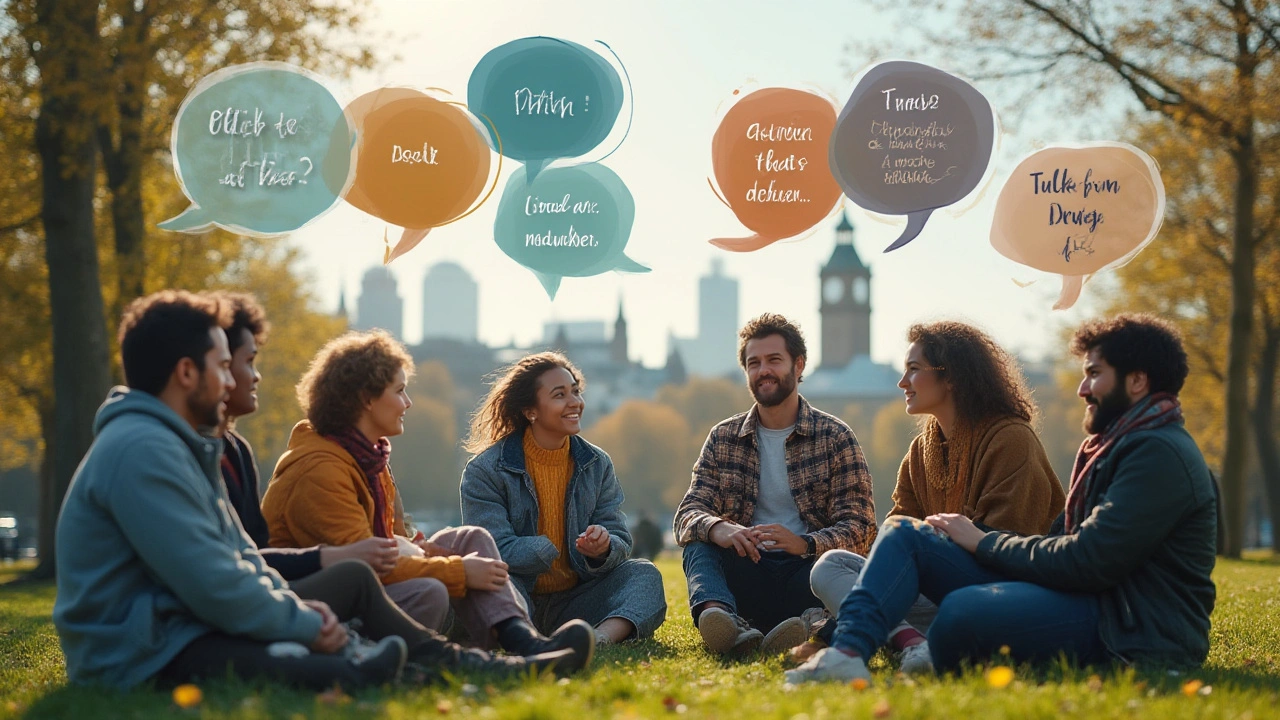Drug Dependence: What It Is and Why It Matters
Drug dependence happens when your body or brain gets used to a substance and feels like it needs it to function. It’s more than just using a drug occasionally; it's when stopping can cause unpleasant or harmful effects. This can include things like energy drinks, caffeine, legal medicines, or more serious drugs. Understanding how dependence forms helps you make smarter decisions about what you put into your body.
Many people don't realize that even everyday products like energy drinks or caffeine can lead to some level of dependence if used too much. You might start needing more just to feel normal or avoid withdrawal symptoms like headaches or mood swings. Recognizing these signs early can save you from bigger problems later.
How Does Dependence Develop?
Dependence usually builds up when the brain adapts to repeated exposure to a drug. It starts with small doses that temporarily boost your mood or energy. Over time, your brain lowers its own natural production of those feel-good chemicals, relying on the drug instead. That’s why people feel they ‘need’ it and get cranky or tired without it.
With energy drinks, for example, the high caffeine content tricks your brain into being more alert. But if you drink them constantly, your brain adjusts and you have to drink more to get the same effect. Stop suddenly, and you might get headaches or feel sluggish. That's a mild form of dependence but still real enough to impact your day.
What Can You Do About It?
First, keep track of what and how much you consume daily. Cut back slowly if you suspect dependence, so your body can adjust without harsh withdrawal. If you use energy drinks or caffeine, try swapping some drinks with water or decaf alternatives to reduce your intake.
It also helps to find other ways to boost energy—like regular exercise, healthy meals, and decent sleep instead of relying on quick fixes. If dependence goes beyond mild, and you find it hard to quit or it interferes with your life, reaching out for professional help is a smart move. Understanding the risks and being honest with yourself can stop dependence from taking over your health.
Unravel the biggest myths about drug dependence. Learn real facts, why stereotypes are harmful, and ways to support someone struggling with addiction.

